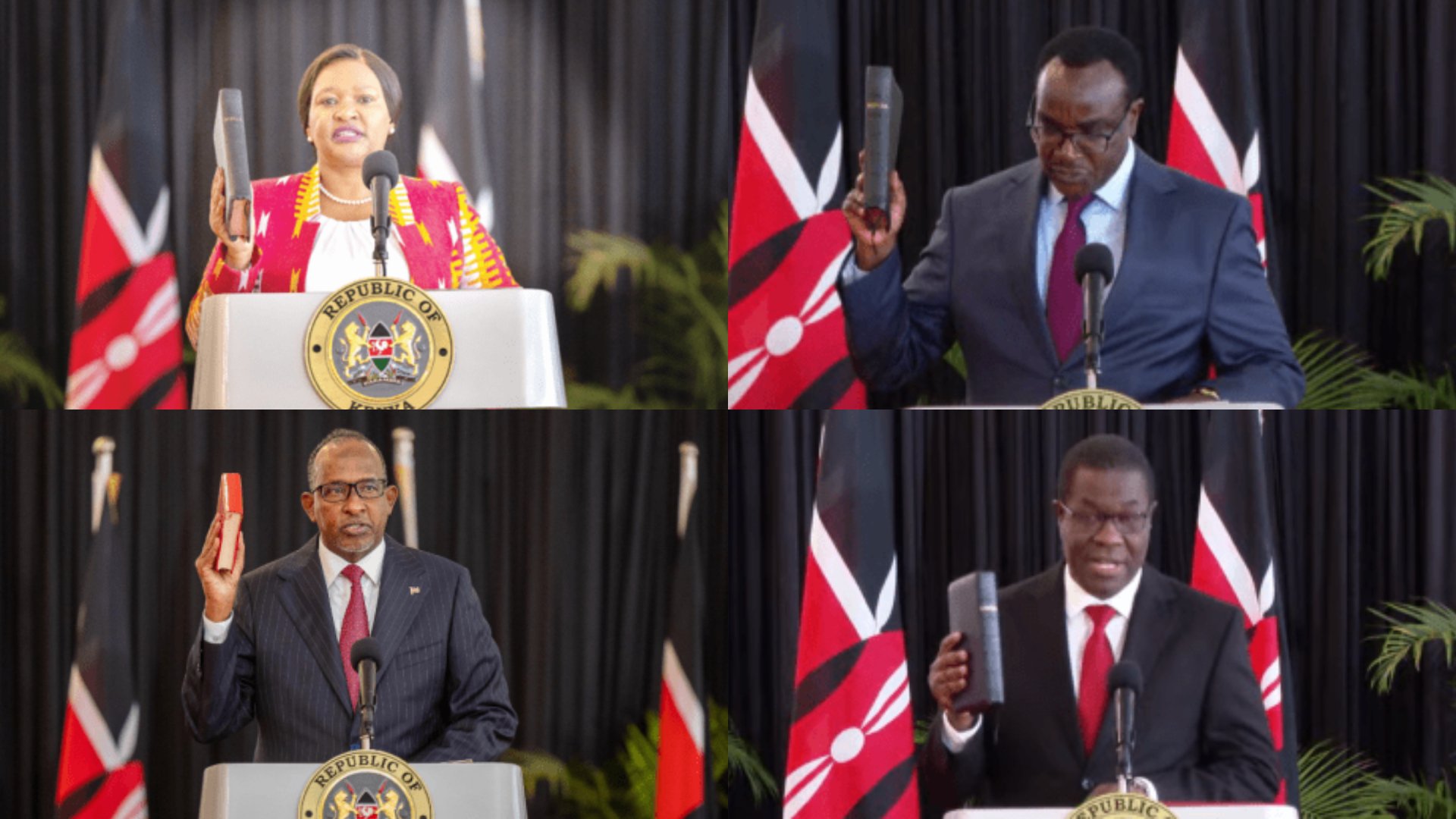Guard against the super-rich entrenching inequality

Recent revelations about the net worth of Kenya’s Cabinet Secretaries sparked widespread outrage and frustration, but it lifted the lid on the deepening economic divide as some of those being vetted flaunted their wealth.
In a country where millions struggle daily to make ends meet, the revelation that the Eric Muuga (Water), with a net worth of Sh31 million, is the “poorest” of President William Ruto’s wealthy list of CS nominees has raised eyebrows. Of the 18 nominees, only two others failed to hit Sh100 million, while the richest boasts a staggering Sh2.3 billion.
For jobless Kenyans, this stark contrast is not only shocking but also deeply disheartening. Even more troubling is that some of these individuals do not have known business empires with employees to justify such wealth, having spent most of their lives in public service.
It is particularly concerning that some Cabinet Secretaries who were vetted just last year had managed to amass an additional Sh100 million to their net worth, even as the economy had slowed and their salaries remained constant.
This accumulation of wealth occurred during a period when most businesses were closing shop due to tough economic times, pointing to the brutal reality that only politicians and the wealthy elite seem to be getting richer. This definitely raises significant concerns about the priorities and motivations of those entrusted with the nation’s leadership and governance.
Unfortunately, even Parliament did not do justice to the cause. The vetting seemed more like a casual chat between buddies than the rigorous scrutiny it should have been. Parliament failed to investigate the sources of the Cabinet Secretaries’ wealth, and the brutal reality of these staggering amounts was lost in the flow of the discussions.
In Kenya, the adage that the only place to do business is in government has taken on a new level of significance. So as to get rich, it seems that one must either be in government, part of the government, or nothing at all. This reality is a significant drawback for the economy because, without enterprise and industry in the private sector, only a select few will continue to recycle tax revenue and debt to their advantage.
While it is not inherently wrong to be wealthy, the revelations about the Cabinet Secretaries’ fortunes raise serious ethical concerns. How did they amass such vast sums? Are these riches the result of hard work and business acumen, or do they reflect systemic corruption and the misuse of public office? In a country where corruption is rampant, these questions cannot be ignored.
Is this a stark reminder that the corridors of power in Kenya are not just pathways to influence but also avenues to accumulate vast wealth — often at the expense of the very people these leaders are supposed to serve?
In theory, expectations from such a wealthy group of Cabinet Secretaries should be high. They hold positions where they can significantly impact the country’s development, and their wealth could be seen as a testament to their ability to manage resources effectively. However, the brutal truth is more complex. The disconnect between the Cabinet Secretaries’ immense personal wealth and the everyday struggles of ordinary Kenyans creates a sense of disillusionment. It raises legitimate concerns about whether these leaders truly understand the plight of the average citizen.
When those holding the highest offices are extraordinarily wealthy, it only underscores the perception that politics in Kenya has become a tool for personal enrichment rather than public service. This raises important questions about why only the super-wealthy seem to fit the bill for such senior positions, and what the true cost of these positions might be.
There is a pervasive belief that the political elite in Kenya are more interested in preserving their wealth and power than in enacting meaningful reforms that could uplift the poor. When the richest and most powerful individuals in the country are also the ones shaping policy, there is a real danger that policies will continue to favour the wealthy and politically connected, further entrenching inequality.
— The writer is People Daily’s
Business Editor












